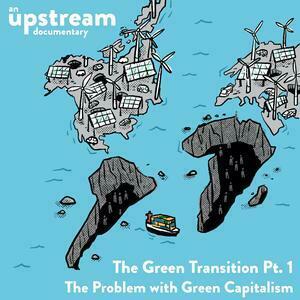... Walt Rostow, who was, along with Kuznets, one of the field’s most influential early thinkers, understood growth as the foundation of the postwar world order. His Stages of Economic Growth, published in 1960, was unsubtly subtitled ‘A Non-Communist Manifesto’. According to what is now called the ‘Rostovian’ account, growth wasn’t just the solution to domestic instability in advanced industrial economies and the remedy for the backwardness of ‘traditional’ (non-industrial) societies; it was also the antidote to socialism. There was no need for revolution: the managed markets of postwar capitalism would eventually, peacefully, deliver the fruits of modernisation – a non-violent, self-reinforcing alternative to expropriation and collectivisation. It wasn’t clear, however, how traditional societies would respond to the inevitable disruption associated with integration into the global economy. ‘How,’ Rostow asked, ‘should the traditional society react to the intrusion of a more advanced power: with cohesion, promptness and vigour, like the Japanese; by making a virtue of fecklessness, like the oppressed Irish of the 18th century; by slowly and reluctantly altering the traditional society, like the Chinese?’ ...
Tomorrow’s Economy: A Guide to Creating Healthy Green Growth
by Per Espen Stoknes.
MIT, 360 pp., £15.99, April, 978 0 262 54385 9
Less Is More: How Degrowth Will Save the World
by Jason Hickel.
Windmill, 318 pp., £10.99, February 2021, 978 1 78609 121 5
Post Growth: Life after Capitalism
by Tim Jackson.
Polity, 228 pp., £14.99, March 2021, 978 1 5095 4252 9
The Case for Degrowth
by Giorgos Kallis, Susan Paulson, Giacomo D’Alisa and Federico Demaria.
Polity, 140 pp., £9.99, September 2020, 978 1 5095 3563 7



